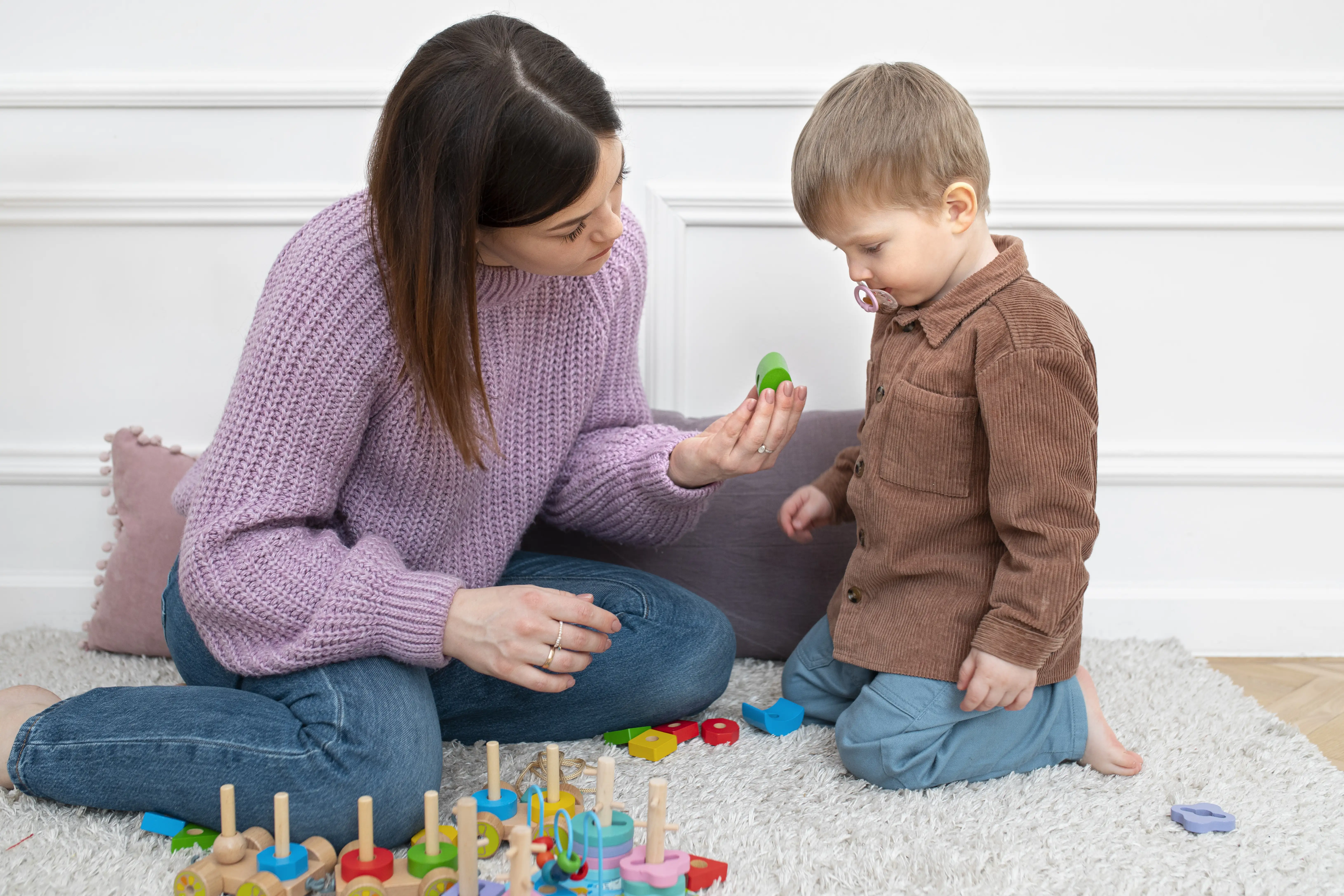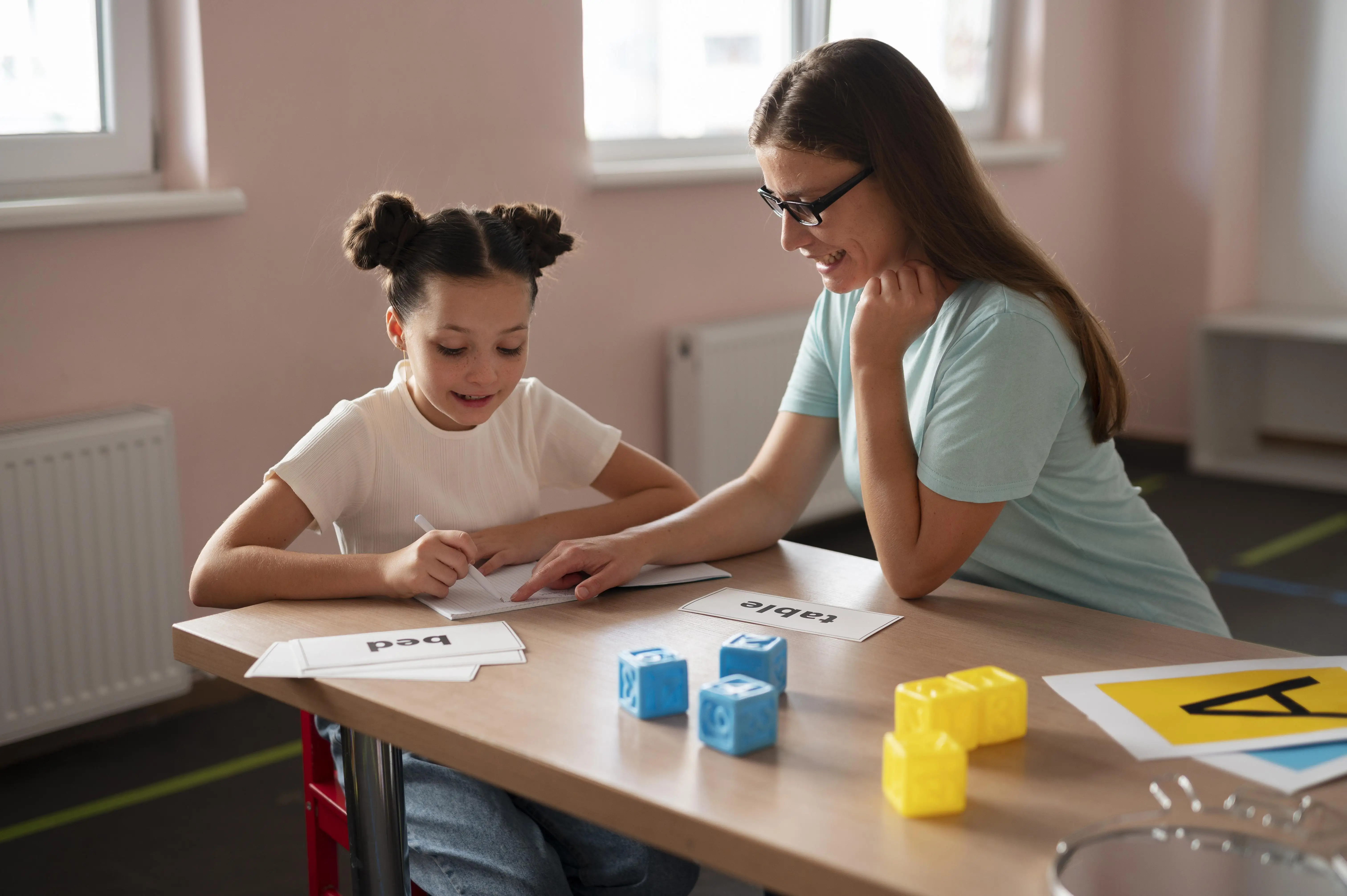
Initial Assessment
The initial assessment process may take up to a month to complete and consists of several key steps:
- 1️⃣ Intake Process – Before starting, please ensure you have a current ASD diagnosis and an ABA prescription.
- 2️⃣ Authorization & In-Person Assessment – Once intake is completed, your BCBA will receive insurance authorization to conduct a comprehensive in-person assessment.
- 3️⃣ Behavior Support Plan (BSP) – A personalized therapy plan will be developed, outlining the services provided and the weekly therapy hours recommended for your child.
- ✅ This structured approach ensures your child receives the right level of support tailored to their unique needs.


